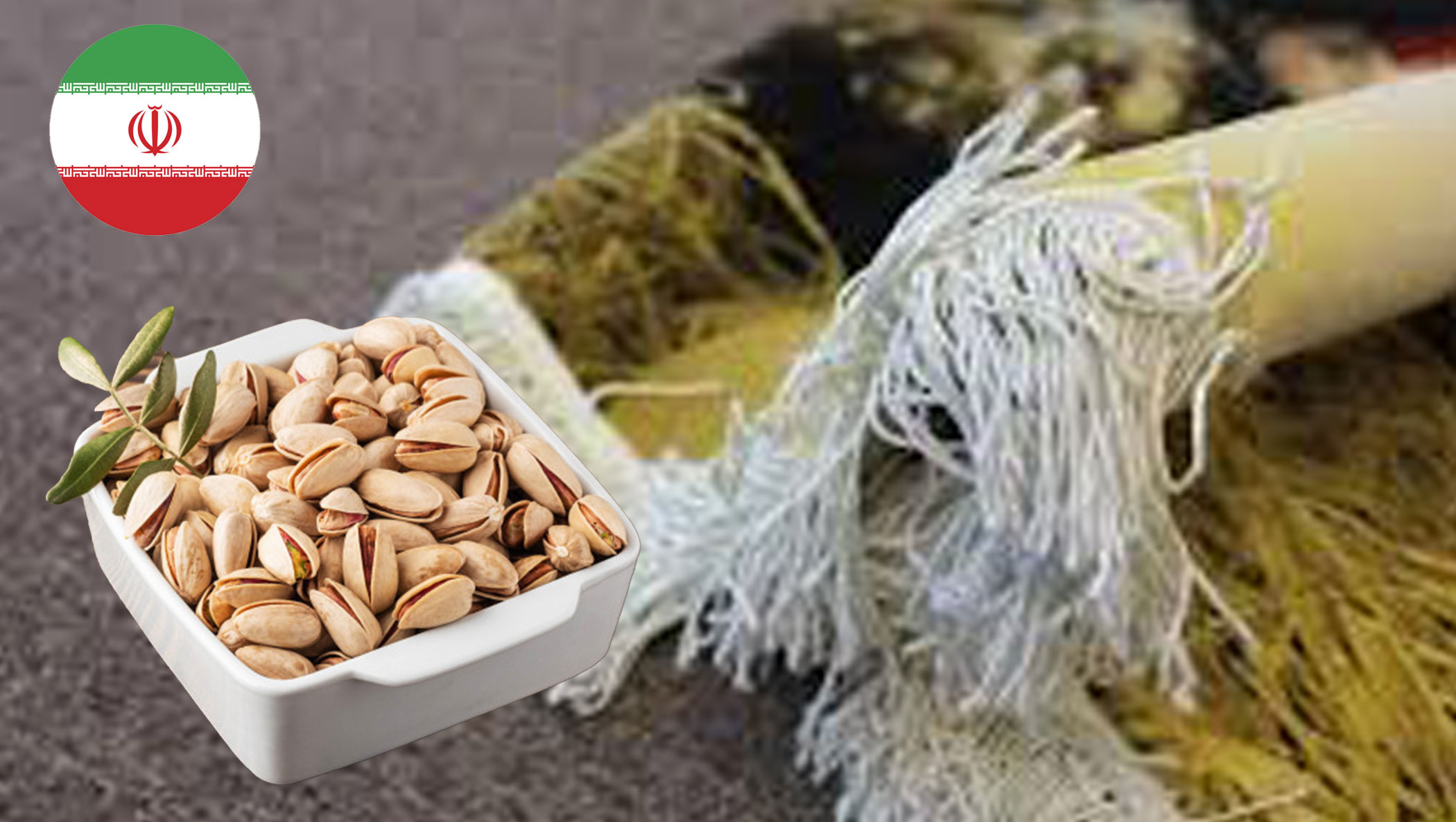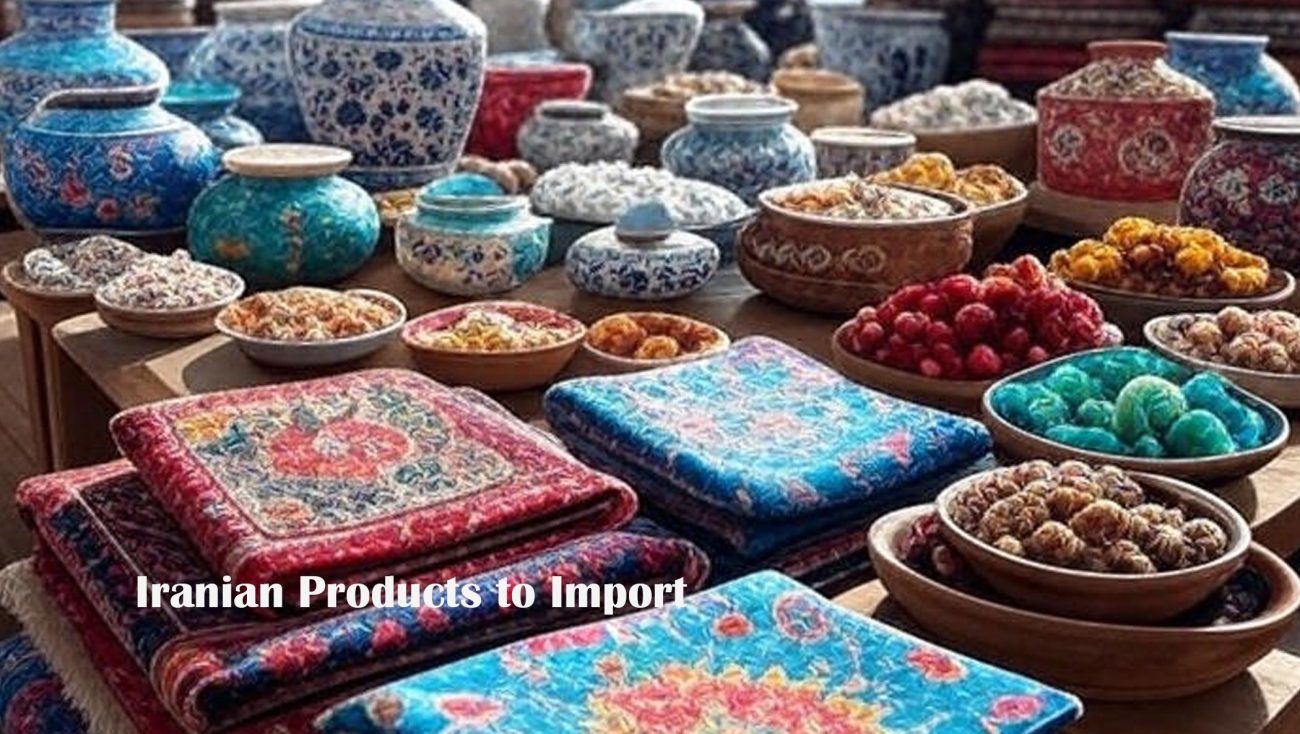How to Securely Import Goods from Iran Amid Sanctions: Practical Solutions for International Buyers

How to Securely Import Goods from Iran Amid Sanctions
International buyers interested in Securely Import from Iran face unique challenges due to ongoing sanctions and trade restrictions. Direct transactions with Iranian companies are often blocked or complicated, which leads most foreign buyers to rely on intermediaries based in third countries such as the UAE.
However, this workaround comes with its own set of risks. Many UAE-based companies involved in facilitating trade with Iran are registered under secondary or less credible entities. This can expose buyers to significant uncertainties, including the risk of fraud, unreliable documentation, and legal complications if disputes arise.
Main Challenges in Buying from Iran through Third-Party Intermediaries
- Lack of Credibility: Many intermediary companies lack formal registration, proven track records, or financial transparency.
- Legal and Financial Risks: Absence of legally binding contracts or enforceable guarantees leaves buyers vulnerable.
- Complex Payment Mechanisms: Sanctions complicate international payment channels, increasing transaction risks.
- Transparency Issues: Difficulty accessing authentic invoices, shipment documents, and real-time tracking information.
Effective Strategies to Mitigate Risks When Importing Iranian Goods
1. Partner with Legally Registered and Reputable Intermediaries
Buyers should carefully verify that intermediary companies in third countries, such as the UAE, are legally registered with valid trade licenses and have credible reputations. Ideally, these intermediaries operate as officially authorized representatives or sister companies of the Iranian exporters, ensuring accountability and traceability.
2. Use Comprehensive and Legally Reviewed Contracts
Contracts should be meticulously drafted with the assistance of international trade lawyers. They must clearly define delivery terms, payment schedules, penalties for non-compliance, and dispute resolution mechanisms to protect buyers’ interests.
3. Employ Secure Payment Methods Like Letters of Credit (LC) and Bank Guarantees
Utilizing payment instruments such as Letters of Credit or Bank Guarantees can significantly reduce risks by ensuring payments are released only when agreed conditions, like shipment confirmation, are met.
4. Insure Shipments Through Reputable International Insurers
Comprehensive insurance coverage for goods and logistics operations safeguards buyers against losses from damage, theft, or shipment delays.
5. Obtain Dual Invoices: One for Banking, One for Legal Assurance
Many experienced importers recommend requesting two separate invoices — one issued by the intermediary (for payment and customs purposes), and another from the original Iranian manufacturer or exporter (to ensure legal and contractual traceability). This approach helps maintain clarity and enforceability in cross-border transactions.
6. Work with Commercial Representatives or Legal Trade Facilitators
Engaging a trusted legal or commercial agent based in Iran to represent your interests during contract negotiation and execution adds a strong layer of security. These professionals can ensure that supplier compliance, product specifications, and shipment timelines are met. Platforms with local legal infrastructure — like Vitfa — often include this support as part of their export services.
7. Leverage Reliable Trade Platforms for Transparent Transaction Management
Modern trade platforms specializing in Iranian exports provide an integrated solution that increases transparency and security. These platforms manage order processing, issue official invoices and shipping documents, and offer legal support, all under a regulated environment.
Vitfa is one such platform that enables foreign buyers to connect with verified Iranian suppliers and authorized intermediaries. In addition to document management and trade assurance, it provides buyers with commercial representation and oversight, reducing the risks of indirect trade under sanctions.
Conclusion
While sanctions impose serious constraints on direct trade with Iran, international buyers can navigate these challenges by choosing credible intermediaries, requesting dual invoicing, employing robust contracts, using secure payment methods, and relying on trusted platforms that offer commercial and legal oversight.
With the right safeguards and reliable support systems in place, importing from Iran can be both secure and profitable.
To explore a secure, verified marketplace for Iranian goods and learn more about how to safely import from Iran, visit Vitfa.com.





